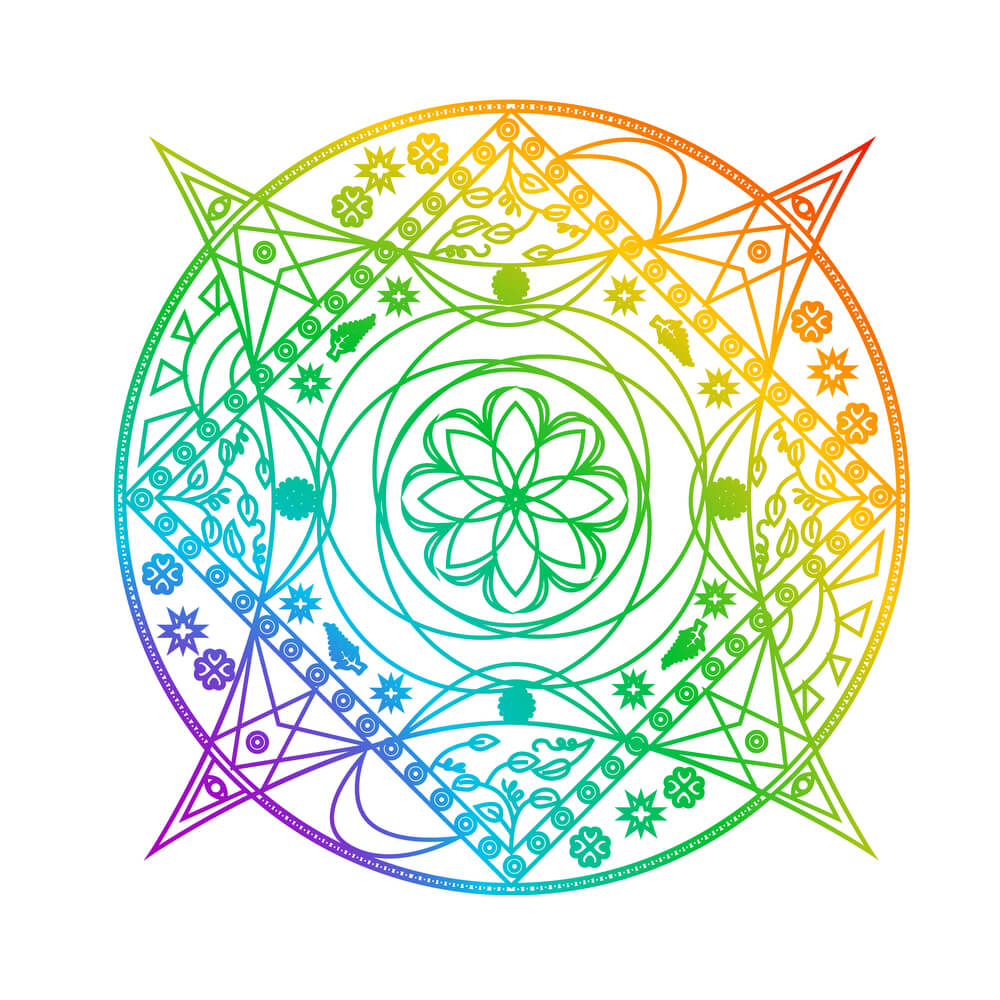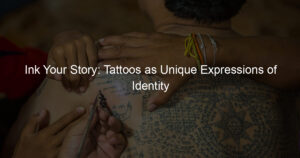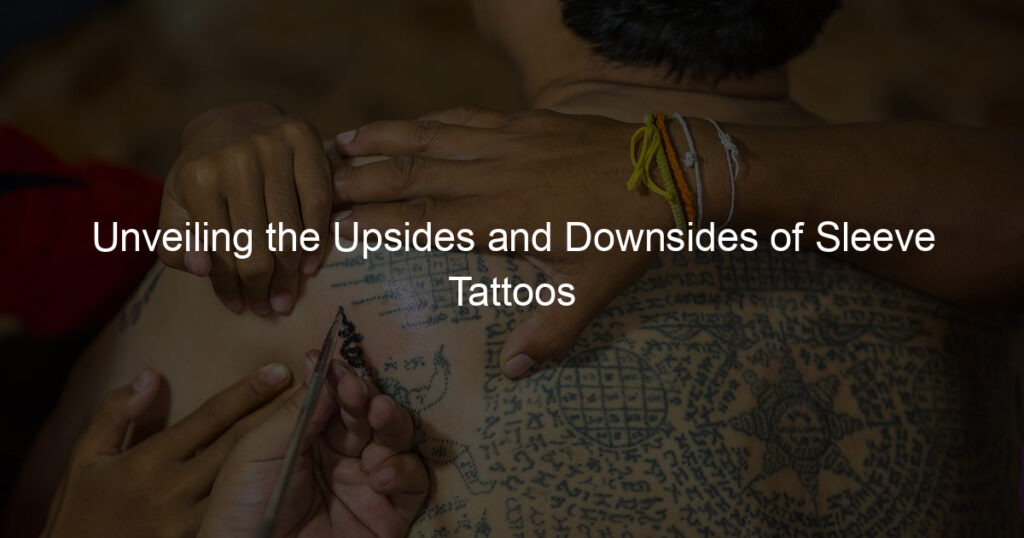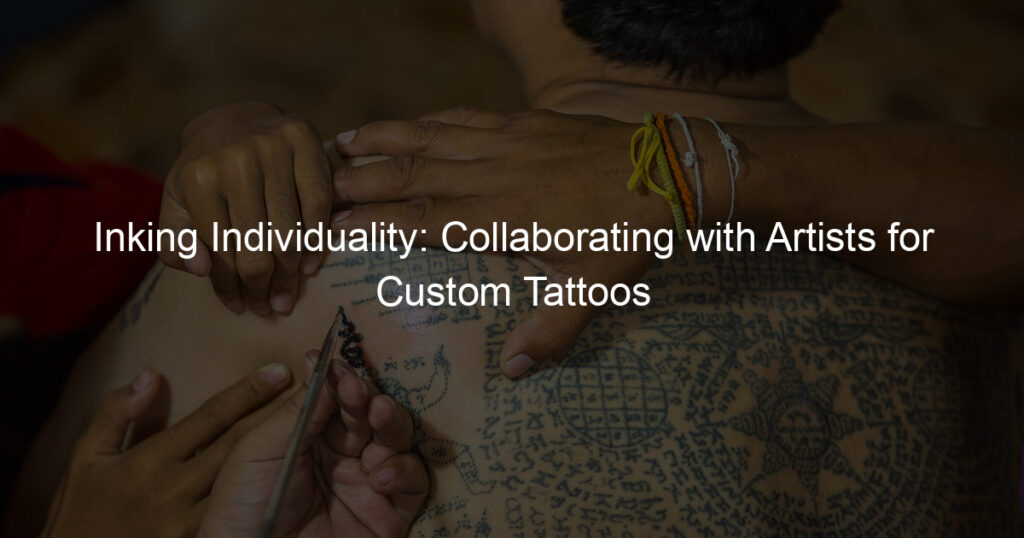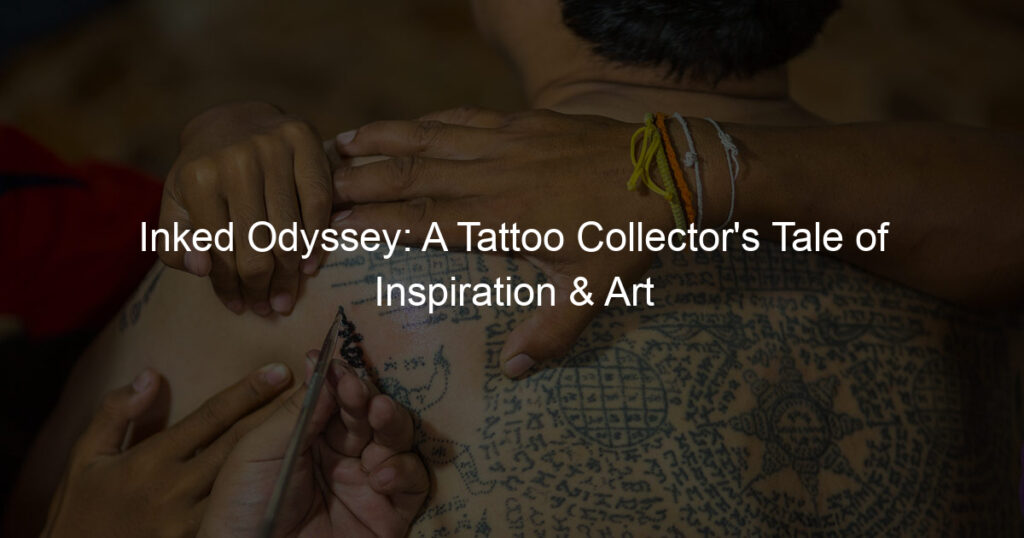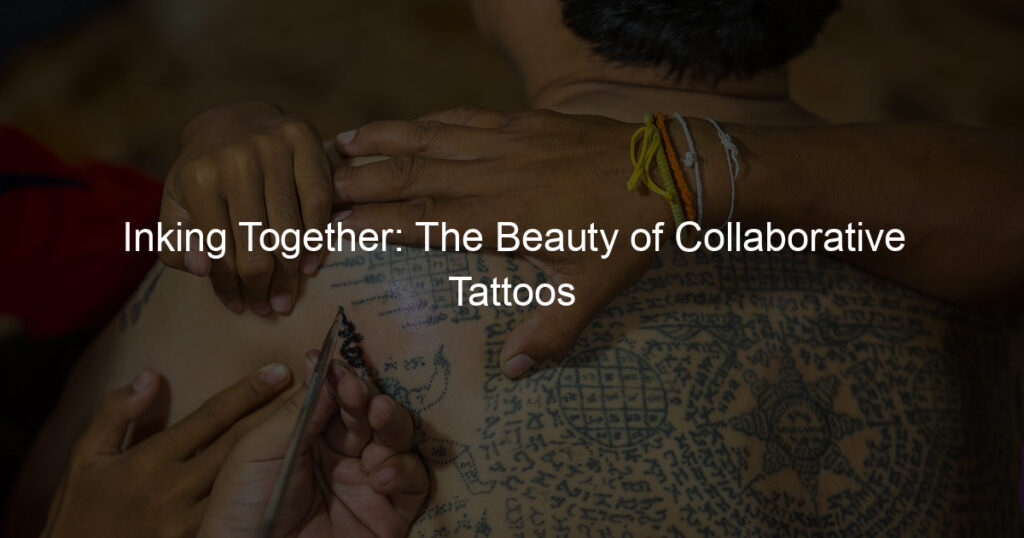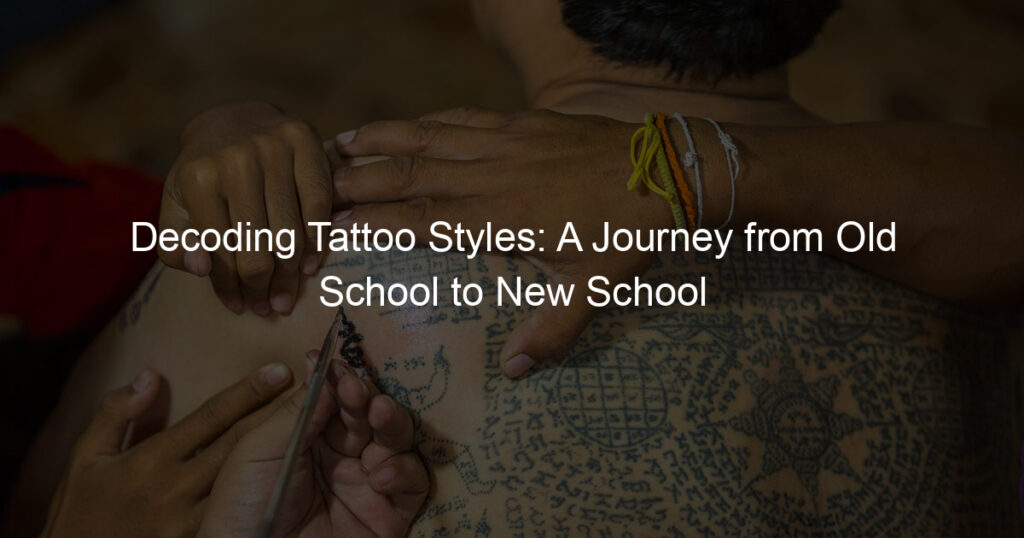For many folks nowadays, tattoos have an emotional, symbolic, ethnic, aesthetic, or cultural significance or serve as a form of self-expression. Men and women of all ages and from all kinds of backgrounds now get tattoos.
Even though most of us may have adored an art piece or opted for one, we were unaware of tattoos’ spiritual impact. To comprehend what a tattoo means spiritually, keep reading to find out.
Tattoos and Spirituality?
Tattoos have been used as a token of a right of passage, social standing, military rank, and bravery from the beginning of time. Ancient cultures used tattoos to represent protection, fertility, talismans, and amulets.
In addition, some symbols have been inked on the body as religious and spiritual dedication markings. This blog investigates the connection between tattoos and spirituality.
Tribal tribes from the northeastern forests of India were refused admission to the Lord Rama shrine more than a century ago. Consequently, they began tattooing the word of the Lord all over their flesh.
Even though prejudice is no longer practiced in modern Indian temples, the tribe members continue to practice this custom of tattooing, and the group is now known as the Ramanamis.
Negative Impact of Tattoos Spiritually
Spiritually speaking, tattoos harm people. The following factors contribute to the negative spiritual impact of tattoos:
Most of the tattoos are not sattvic. They generate distressing energy for this reason.
Most people get tattoos because they’re trendy, attracting magnetic energy to their body art. As a result, people become more emotional and attached to the outside world, also known as the Great Illusion.
Tattoos increase the negative energy in the surroundings and make the person spiritually and physically restless. Additionally, the amount of disturbing energy around the target’s body grows by 1.5%.
The presence of a tattoo enhances the likelihood of negative forces (demons, ghosts, devils, etc.) impacting the person’s mind, body, and intellect.
What Do Tattoos Represent?
Permanently linking your body’s energy to your tattoos. It is an indelible imprint of your ideas, culture, attitude, and subconscious.
A tattoo may reflect a key moment in someone’s life or connection to the global community. It might be the identity of a lover, or it could be the Divine name.
Many also opt to draw religious symbols such as a star, a cross, or an Aum on their bodies, linking themselves to the universe’s divine forces. Dove tattoos signify peace and freedom, while the knot of the trinity, a Celtic mark, signifies the three primary natural elements: air, water, and earth.
One of these powerful Native American symbols is the dream catcher. A dream catcher protects an individual from harmful spirits as they sleep.
They are contemplating as a fashion item; a tattoo is superficial. One must intentionally pick the design, surrender its permanency, and endure great agony, indicating that much more is happening under the surface than simply an appealing design.
People see tattoos as a means of self-expression, proclivity, ownership, and development. For many, it is a significant way to tell the world, “This is who I am.”
Spiritual Meaning of Tattoos
Numerous studies have been conducted on the significance and interpretations of a number of the most famous tattoo markings in the world today. Birds, for instance, are often seen as a sign of inner spirit since they reflect the imagination and inspiration within you.
Usually, cross tattoos symbolize religious symbolism and Celtic heritage. The spiritual significance of wing tattoos is protection and wisdom. A butterfly often symbolizes freedom or love. Wild animals may represent power.
Any aquatic life represents creativity and intuition. Numerous old symbols might express your hopes or protective needs.
It is generally accepted that marking has been used to safeguard and heal since antiquity. People of several cultures have tattooed their bodies to alleviate pain and maintain a connection with their loved ones and ancient ancestors.
Tattoos Beliefs
Individuals get Mandalas, their spiritual animals, or lotuses. It is claimed that Lord Buddha was birthed from a lotus; hence the lotus tattoos have immense importance for meditation practitioners as a seat for meditation.
Jesus, Lord Buddha, Shiva, and yang and yin tattoos are popular nowadays. Mantras from ancient Buddhist, Hindu, Islamic, and Christian texts are frequent.
Where Should Tattoos Not Be Applied?
Unsuitable tattoo placements include the hands, feet, stomach, breast, lips, elbow, and inner ear. When selecting an appropriate location, it is important to consider pain severity, practicality, and visibility.
Final Thoughts
The body is indeed the soul’s temple. The body is the vessel that transports us to divinity; thus, when it pertains to our bodies, it is the holiest thing the divine has given us.
Decorating this gift with the names of the Divine in the manner of a tattoo makes good sense to most, and as a result, they strengthen their bodies with Divine symbols, establishing profound links with the universal forces.

